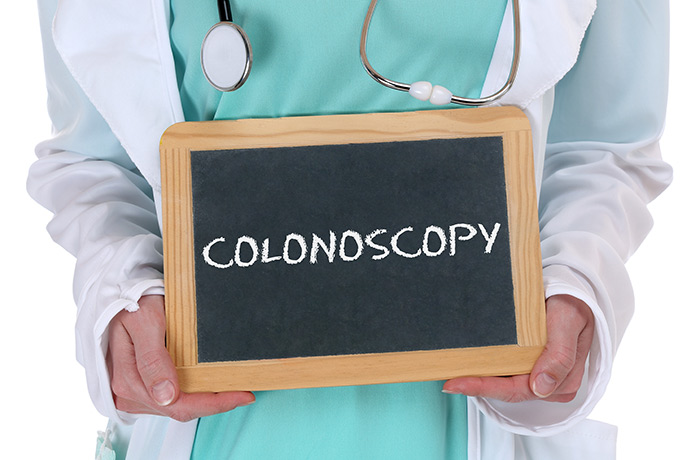
Colorectal cancer happens when abnormal cells grow and form tumors in the colon or rectum. While this life-threatening disease can often be successfully treated when caught in its earliest stages, only about half of people over age 50 receive the necessary screening tests to detect or prevent it.
“Fears due to the pandemic have also caused many people to put off elective procedures like colorectal cancer screening,” said Jessica Hafner, DO, FACS, Holland Hospital General Surgery. “If you need a colonoscopy or another cancer screening, you should not delay getting one. We have added safety precautions to keep you safe from COVID-19, including pre-screening and skin temperature checks for everyone who enters the hospital.”
Whether it’s fear or another reason, if everyone received testing, the American Cancer Society (ACS) notes that tens of thousands of lives could be saved every year. Recently, the ACS recommended that people at average risk of colon cancer begin regular screening at age 45.
People considered to be average risk have:
- No personal history of colorectal cancer or certain types of polyps
- No family history of colorectal cancer
- No personal history of inflammatory bowel disease (ulcerative colitis or Crohn’s disease)
- No confirmed or suspected hereditary colorectal cancer syndrome, such as familial adenomatous polyposis (FAP) or Lynch syndrome (hereditary non-polyposis colon cancer or HNPCC)
- No previous radiation to the abdomen or pelvic area to treat a prior cancer
Colorectal Cancer Screening Tests
There are several tests available for colon cancer screening, including stool-based tests and visual (structural) exams of the colon and rectum.
“There are differences between tests to consider,” Dr. Hafner said. “Colonoscopy is still considered the gold standard, but the most important thing is to get screened, no matter which test you choose. Colorectal cancer often doesn’t have any symptoms until it’s too late.”
During a colonoscopy, a doctor looks through a thin, flexible tube (called a colonoscope) at the inner lining of the large intestine. The tube is linked to a video monitor similar to a TV screen. A colonoscopy can help find ulcers, colon polyps (precancerous growths), tumors and areas of inflammation or bleeding. During this test, tissue samples can be collected and any abnormal growths removed.
Because patients are not fully awake during a colonoscopy, the most uncomfortable part of the test happens the day before. Preparation involves drinking a special solution to empty out the colon before your colonoscopy. Other than that, most people do not have any recollection of the procedure at all.
What about at-home screening like Cologuard®?
Cologuard is currently the only stool-DNA screening test approved by the FDA. This test checks for changes in your DNA that could indicate the presence of colorectal cancer. Cologuard has become popular because it’s convenient, easy to use and less invasive than a colonoscopy.
An at-home Cologuard test kit, requires a prescription from your doctor. False positives happen more often with the Cologuard test, making some health care providers reluctant to recommend it. If you test positive with Cologuard, your provider will likely encourage you to follow up with a colonoscopy.
The bottom line? Early detection is critical. “The survival rate five years after diagnosis is 90% when colorectal cancer is detected in its earliest stage,” Dr. Hafner added. “So be sure to set aside any fears or concerns and talk to your doctor about which test is best for you.”
Holland Hospital’s Endoscopy Center offers state-of-the-art care and experienced digestive health specialists dedicated to performing the latest diagnostic procedures and treatments, including colonoscopy.